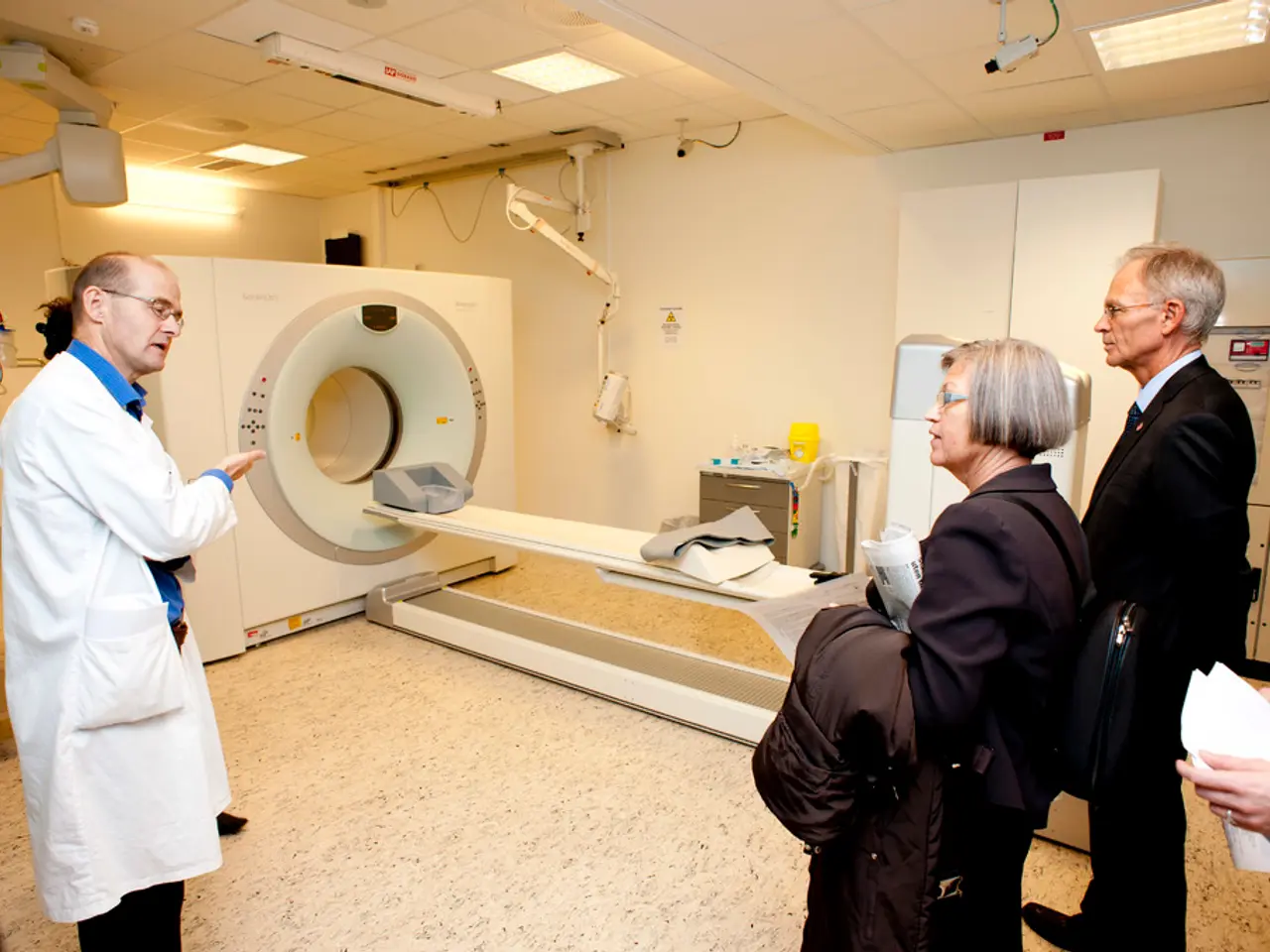Artificial Intelligence and Genetic Engineering Now Worshipped as a Faith | The Risks Are Clearly Apparent, Yet Adherents Ignore the Reality of Their False Beliefs
The Gene Technology Bill, currently under consideration in New Zealand, has sparked controversy and raised concerns among scientists, citizens, and export industry leaders. The Bill, if passed, could deregulate critical gene technologies, potentially leading to the rapid introduction of untested and potentially harmful products.
One of the key issues is the deregulation and weakened oversight that the Bill proposes. It reduces labelling requirements for genetically modified foods and weakens risk assessment protocols, which could lead to unsafe biotech practices becoming widespread without adequate transparency or public knowledge.
Another concern is the centralization of regulatory power. A single government-appointed regulator would have broad control, potentially lacking independence, resources, and local input. This centralization raises fears of corruption and poor governance in managing complex gene technology applications.
Environmental and health risks are also a major concern. There are risks of contamination, unintended and irreversible genetic modifications, and harmful ecological impacts from novel technologies, such as RNA-sprayed crops and aerosolized vaccines. These technologies have uncertain long-term effects and may pose biosafety hazards.
Citizens and export industry leaders are calling for a halt or caution, alarmed by potential impacts on food exports, health, and regulatory integrity. The Bill is criticized for disregarding severe impacts observed during rapid biotech advances in the COVID-19 period, pushing deregulation for economic gain instead of establishing cautious, science-based controls.
The Bill risks turning New Zealand into a testing ground for unproven and insufficiently tested gene technologies, including RNA sprays and aerosolized vaccine applications. This could erode safeguards designed to protect public health, the environment, and ethical standards.
The potential risks and consequences of the Bill are far-reaching and warrant careful consideration. It is crucial that New Zealand maintains robust oversight and rigorous safety and ethical safeguards to protect its citizens and environment from the potential dangers of untested gene technologies.
References:
[1] "Gene Technology Bill: A Step Backwards for New Zealand?" (2022). Retrieved from https://www.scoop.co.nz/stories/sci/2208/gene-technology-bill-a-step-backwards-for-new-zealand/
[2] "New Zealand's Gene Technology Bill: A Dangerous Experiment?" (2022). Retrieved from https://www.stuff.co.nz/national/politics/129359939/new-zealand-s-gene-technology-bill-a-dangerous-experiment
[3] "The Gene Technology Bill: A Threat to New Zealand's Food Exports?" (2022). Retrieved from https://www.nzherald.co.nz/business/gene-technology-bill-a-threat-to-new-zealands-food-exports/RH2M2KN7G573HFU6O7RZ37XK7I/
[4] "The Gene Technology Bill: A Recipe for Disaster?" (2022). Retrieved from https://www.newsroom.co.nz/2022/05/27/1099611/gene-technology-bill-a-recipe-for-disaster
[5] "New Zealand's Gene Technology Bill: A Step Too Far?" (2022). Retrieved from https://www.rnz.co.nz/news/national/479374/new-zealand-s-gene-technology-bill-a-step-too-far
- The controversy surrounding the Gene Technology Bill in New Zealand stems from concerns about deregulating critical gene technologies, potentially leading to the rapid introduction of untested and potentially harmful products.
- The Bill's proposal for deregulation and weakened oversight is a key issue, reducing labelling requirements for genetically modified foods and weakening risk assessment protocols.
- The centralization of regulatory power to a single government-appointed regulator raises fears of corruption and poor governance in managing complex gene technology applications.
- Environmental and health risks are significant concerns, with the potential for contamination, irreversible genetic modifications, and harmful ecological impacts from novel technologies like RNA-sprayed crops and aerosolized vaccines.
- Citizens and export industry leaders are alarmed by potential impacts on food exports, health, and regulatory integrity, criticizing the Bill for disregarding severe impacts observed during rapid biotech advances.
- The Bill's potential risks and consequences extend to the integrity of science, health and wellness, lifestyle, technology, general news, education, and artificial intelligence, as well as medical-conditions management.
- It is essential for New Zealand to maintain robust oversight, rigorous safety, and ethical safeguards to protect its citizens, environment, and uphold scientific integrity in gene technology applications.




